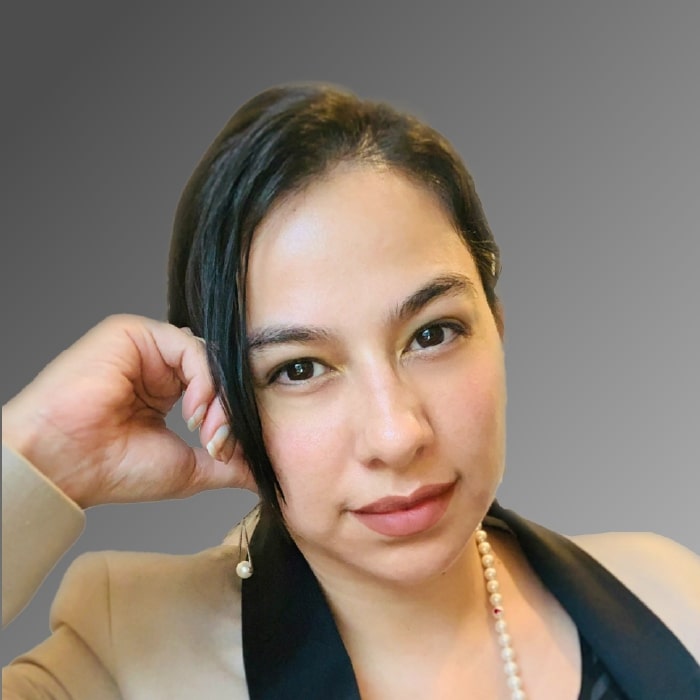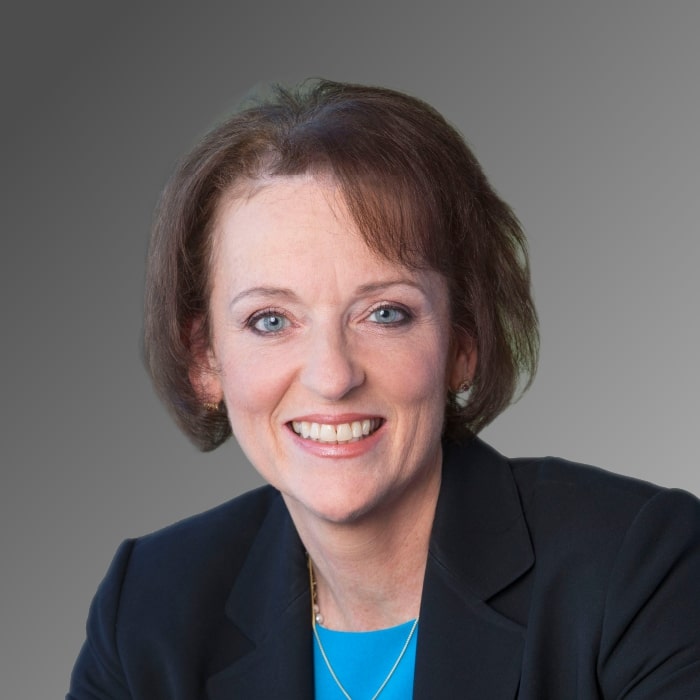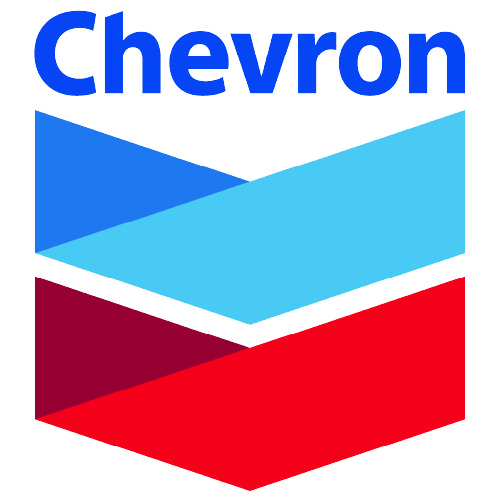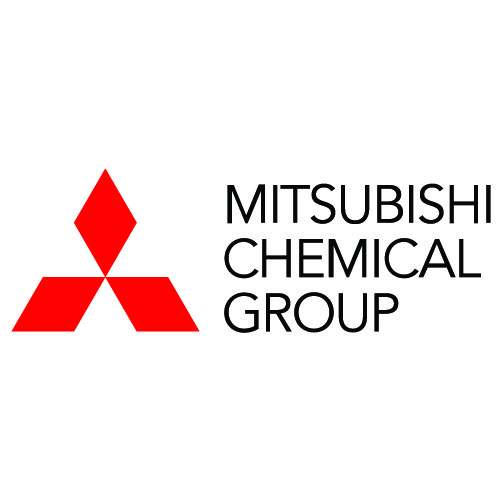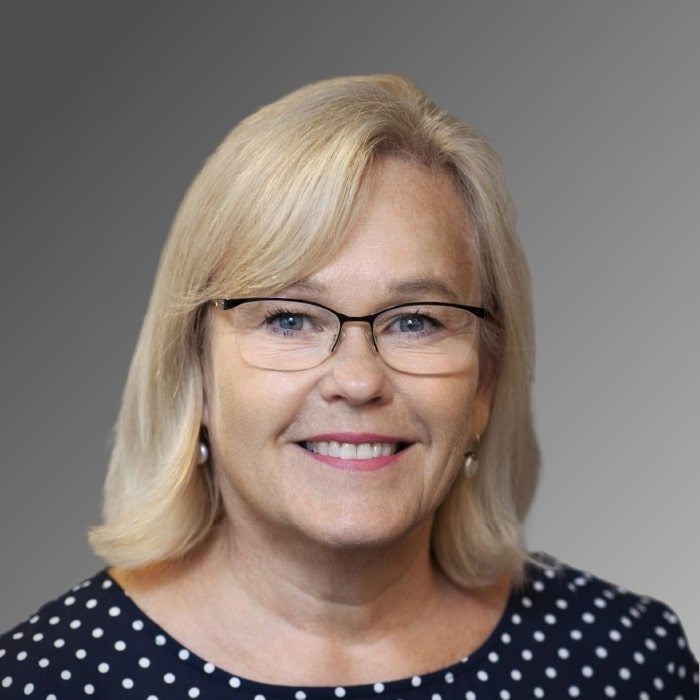CVC Is Not Rocket Science: A Discussion with Shell Ventures’ Andrea Course
May 14, 2024
Interviewed by Nicolas Sauvage on February 21, 2022
Andrea Course has always aimed for the stars. As a girl growing up in Colombia, she dreamed of becoming an astronaut. With a bachelor’s degree in engineering physics and a master’s in aerospace and aeronautical engineering, her trajectory seemed set.
Unfortunately, she was forced to abort her mission, but rocket science’s loss has proven to be the oil industry’s gain. Andrea joined TDK Ventures President and Corporate Venturing Insider host Nicolas Sauvage to explain how getting disqualified from the space race pushed her to lead Shell Ventures.
Background
“I got my degrees and I thought that’s all I needed to get a job at NASA and work in aerospace,” she said. But that was not enough. I was born in the wrong country, and I couldn’t get a job, not at NASA, not at any aerospace company, because I didn’t have a green card.”
Unable to obtain a security clearance, Andrea found herself lost, but not in space.
“I had already moved everything I had to Houston because this is where aerospace happened. Here I was, around 20 years old with a master’s degree,” she remembers. “I’m a rocket scientist. Somebody must want me. I went to every single aerospace company. I had great interviews. ‘You’re perfect; we want you,” they said. “Then they wanted to see my papers…”
Instead of moaning over her inability to find work among the stars, Andrea looked around and realized that Houston isn’t just the center of the aerospace industry. The medical and energy sectors also revolve around Bayou City. She attended a job fair where an oil company had posted a picture of a subsea oilfield operation.
“I don’t know if you’ve ever seen one, but it’s just pitch black with yellow things on top,” Andrea said. “It really did look like it was in outer space. I thought, “‘That looks interesting. Maybe I could work here. They hired me then, and I started designing subsea production equipment. So instead of sending things to space, I was sending things to the bottom of the ocean.”
Launching into CVC
Schlumberger acquired the company soon after, and Andrea spent 13 years working for the oilfield services giant, as her career transitioned into new technology development, new product developments, and finding technologies outside of Schlumberger’s core business that it could incorporate into its services model. That work, of Andrea, brought her into contact with dozens of startups and spurred her to return to school for her MBA while continuing to work full-time. She was an engineer, working as a kind of project manager in the electrification of subsystems. Whenever a promising opportunity came along on the technical side, she made sure to involve and guide Schlumberger’s venture arm. She made herself available and volunteered to pitch in when the CVC was considering investments in startups operating within her sphere of expertise.
“I wasn’t thinking, ‘I want to get into ventures so I better talk to these people,” she said. “I think networking has to be genuine; you just really have to help people because that’s what we’re here for.”
Network-building paid off.
Schlumberger’s CVC team snapped her up as soon as a position opened. After a couple of years, Shell came calling. It was a difficult decision, Andrea said, because she was content at Schlumberger, with a strong team, great boss, and friendly colleagues.
“But I wanted to have a bigger impact on the energy transition, and I thought moving to one of the big energy companies would give me this opportunity,” she explained. “So that’s how I went from doing rocket science to venture capital. It’s never a straight line, right?”
Transitioning to Shell
Andrea said her engineering background is an asset in her daily activities at Shell Ventures by giving her insights into how startups approach the problems they are trying to solve. She can envision how their solutions could be scaled and implemented. However, she realizes that she does not operate in a, well, shell. Technical expertise is just one of the team’s skills that translate investments into winners.
“The key to making good investments is having a diverse background,” she explained. “Not just people with technical experience, but then having people with banking and other (perspectives), people who look at the deal with different lenses. That’s what really makes a good deal. If the whole team had the same background that I did, then we would be making horrible deals.”
Andrea noted that team-building involves diversity in culture and demographics, as well.
“We have over 30 investment professionals all around the world,” she said. “You have to create a culture where people believe they can fit in. It’s easier to see yourself in the team when you see that there are people who look like you. There’s a fine line between making sure that you get the right candidates with the right talent and the right qualifications. You don’t want (people) to feel like ‘They just hired me because I’m a woman and they needed to check that box. “
While the structure at Schlumberger was completely different from her setup at Shell, Andrea said she has been able to incorporate the lessons she learned from the experiences at her previous employer.
“The venturing team at Schlumberger was three people, so it was an amazing learning experience. We had to do everything from finding opportunities to evaluating them, negotiating, doing the finance models and the implementation, and portfolio management,” she said. “Shell is a much bigger fund, much bigger company, much bigger venting unit. It’s not like at Schlumberger where we could close a deal in three weeks. At Shell, because of the level of detail that has to go into it, and because we make sure that we have business buy-in for most cases, it takes longer.”
Investment Approach and Philosophy
“Once we make an investment, we try to become not only an investor, but a customer,” Andrea said. “We have several companies that have deployed their tech through Shell and that’s what we like to see. That’s what makes Shell a good partner. Once we find that strategic alignment and the right business stakeholders, it makes it easier to deploy the tech.”
Like many large corporations that support robust R&D, Shell and its CVC sometimes come into conflict. Promising investments may not align with the mothership’s direction or interests. Sometimes an innovative startup may be seeking to leverage the same technology or solve the same problems that Shell corporate believes it should develop in-house.
The decision often comes down to the level of business support required to achieve success. Andrea said deals are assigned to one of several categories. Projects the team believes are short term and present Shell with deployment value go into one basket. Other projects with longer time horizons, “where we think as venture capitalists, this is where we need to be investing today, even though the business might not have a specific reason for it” are assigned a different basket.
“In an area like blockchain or crypto, that is interesting or something that’s starting to move, like carbon accounting, (we ask,) ‘Can we move faster and just put it in a box where we don’t need business support, but we think that it maybe we are ahead of the business?” she said.
That is the beauty of CVC and R&D working together, approaching innovation from different directions.
“(Shell Ventures) is not ‘in’ the business,” she elaborated. We’re looking outside, at what’s coming up, what others are doing, what the trends are, where everybody else is putting their money.”
Key Industries
Shell Ventures invests in two main verticals, “resources and environment” including greenhouse gas mitigation, hydrogen, biofuels, renewables, and the circular economy, and “mobility and retail,” including EVs, charging, and business models. Andrea said startups and lead investors who are hesitant to bring big oil and gas onto the team “don’t realize how much big corporations like us are needed to really push the energy transition. We are committed to lowering our own and our customers’ carbon footprints. We are in a time crunch, and one of the ways we can help is by making investments that make our operations cleaner, more efficient, and safer and the products we’re making for our customers greener. Solar is not going to solve the problem alone. We’re going to need a series of solutions.”
She said carbon capture and accounting are ripe for investment as the industry struggles to develop a universal standard. She is also in “wait-and-see” mode on hydrogen but believes nuclear energy is the cleanest and safest source of power.
Andrea noted that Shell Ventures was about to unveil a $1.4 billion fund that will invest in clean tech startups over the next five to six years. In the meantime, Shell Ventures is working with portfolio companies to test and deploy climate change mitigation products. These technologies have the potential to impact industries beyond oil and gas, such as aviation, construction, and agriculture.

 An engineering background is an asset for an energy company CVC, providing insights into how startups approach problems and how their solutions could be scaled and implemented.
An engineering background is an asset for an energy company CVC, providing insights into how startups approach problems and how their solutions could be scaled and implemented. 